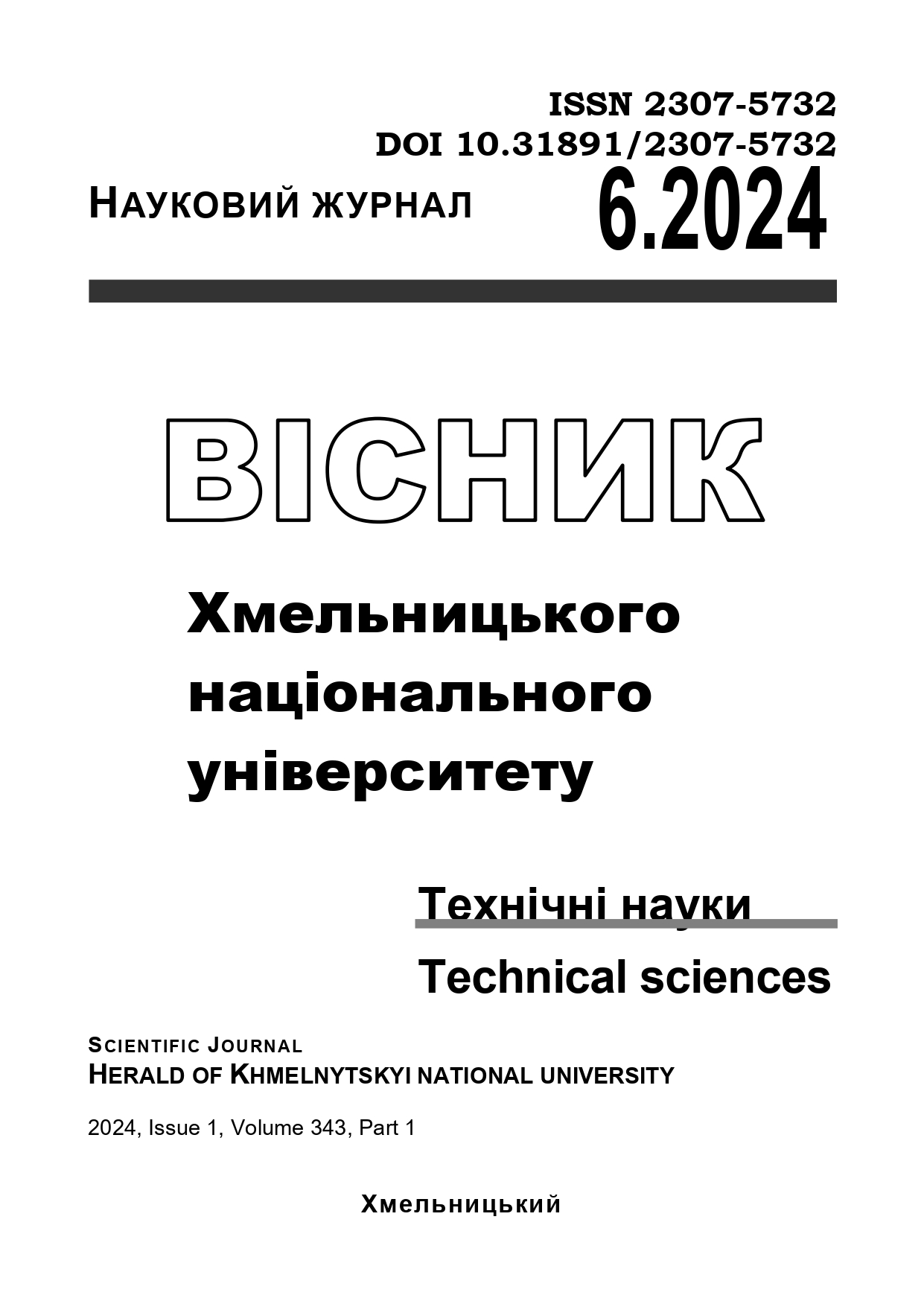ENHANCING RECOMMENDER SYSTEMS: A HYBRID APPROACH USING SENTIMENT ANALYSIS AND COLLABORATIVE FILTERING
DOI:
https://doi.org/10.31891/2307-5732-2024-343-6-44Keywords:
emotion-based product recommendations, personalized recommendations, sentiment impact on recommendations, online reviewAbstract
With the development of the Internet and e-commerce, the number of online reviews has increased, creating a large array of data for user decision-making. However, traditional recommender systems often do not take into account the emotional preferences of users, and collaborative filtering methods face the problems of data sparsity and cold start. Conventional recommendation systems primarily rely on user preferences or purchase history, often neglecting the emotional context present in customer feedback. The approach improves these systems by analyzing the sentiment expressed in user reviews—positive, neutral, or negative—to create more relevant and personalized recommendations for products in similar or mixed categories. For example, two products may be equally functional, but a user's emotional attachment or aversion expressed in feedback can significantly change the recommendation. By integrating sentiment data, a deeper understanding of user preferences is created, revealing the connection between emotions and purchasing decisions. This paper proposes a recommendation algorithm that combines emotional color analysis of online reviews with collaborative filtering to improve recommendation accuracy. The algorithm analyzes the emotions in user feedback, determines their preferences, and uses this information to generate personalized recommendations. In our experiments, we performed a comprehensive analysis of online reviews, employing several preprocessing steps to ensure accurate sentiment extraction. Reviews were segmented using specific punctuation marks, and stop words were removed to enhance clarity. We utilized semantic similarity analysis to identify and categorize relevant product features and user opinions, employing techniques such as cosine similarity on word vectors obtained from pre-trained models. Additionally, we examined product feature co-occurrence to uncover relationships between features in user reviews. To calculate user preference similarities, we identified similar users based on shared product ratings, effectively predicting new product interests for users based on their preferences and the emotional sentiment present in reviews. Experiments have shown that the proposed approach improves the accuracy, completeness, and coverage of recommendations compared to traditional methods, especially in the category of similar product recommendations. Findings show that combining collaborative filtering with sentiment analysis leads to deeper insights and more satisfying product suggestions.

